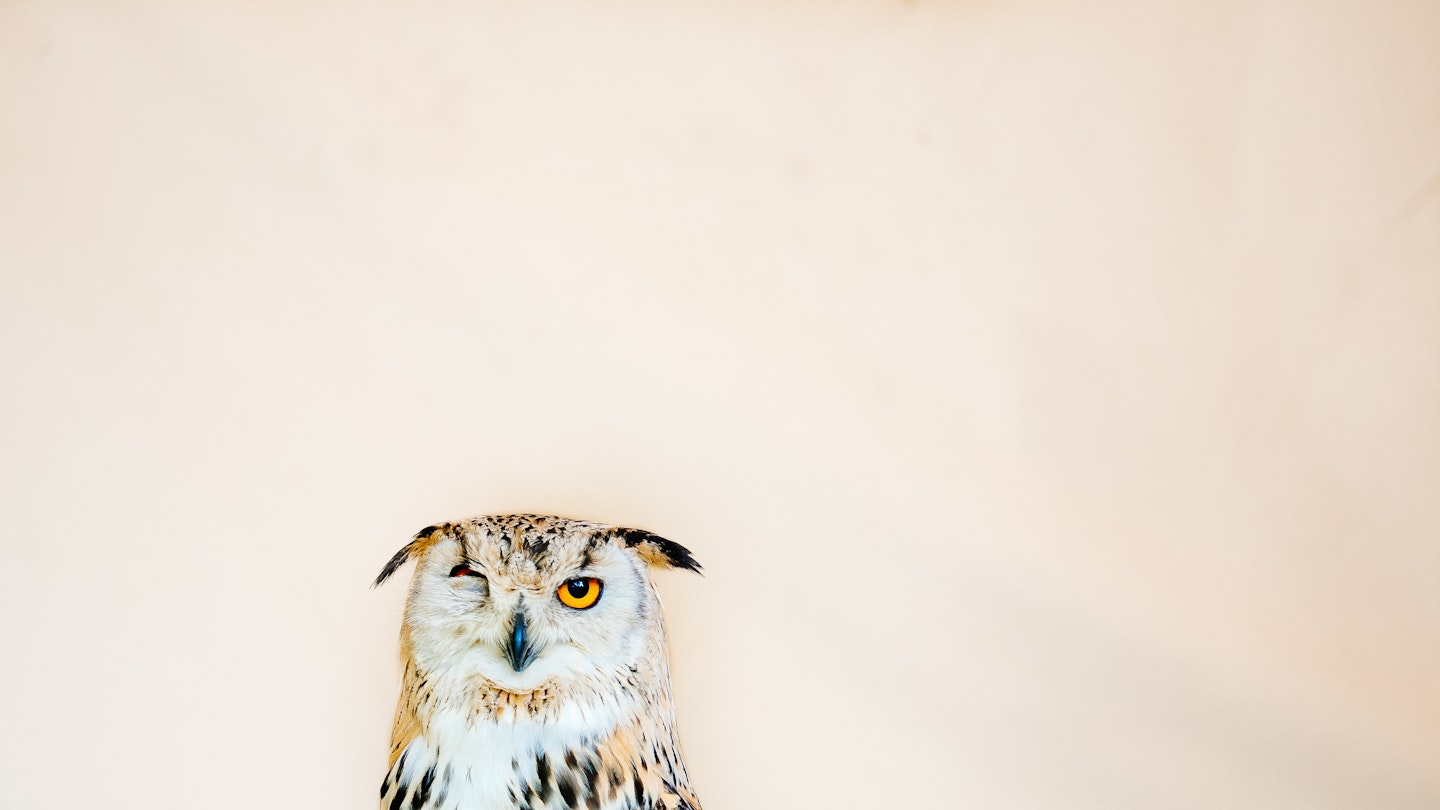There are few certainties in life: death and taxes, famously; the everlasting humiliation of Brexit. It is certain that no tweet will ever be left unchallenged and that there will always be a queue in Pret when you are five minutes late. And it is certain that, each morning, day after day and week after week, the sun will rise in the East and, as it does, a great big portion of the world’s population will see it, say “fuck that”, turn over and go back to sleep.
The night owls among us have never been an aspirational societal group. We are, according to the status quo, apathetic and lazy – childish, even – compared to our counterparts, the “larks”. While a night owl will happily stay after hours, chipping away after dark, the lark has already got it all done. They’re the up-and-at-em peers we are measured against and, time and time again, we don’t fare well.
However, this week, a science journalist is warning that our generalised preference towards early birds might be doing more harm than good. Linda Geddes, who has written a book about how sunlight affects the body – Chasing The Sun – warned that managers might be unfairly penalising employees who are naturally night owls, because our body clocks are wired differently.
We all have an inner 24-hour cycle – called the circadian rhythm – which is located in the hypothalamus part of the brain (the bit not only controls sleep cycles but also helps to make sure important organs like our heart, lungs and brain are in sync). We become naturally sleepy when we produce higher amounts of the sleep hormone melatonin – but this isn’t at the same time for everyone.
And as such how alert we feel in the morning is also affected. As Geddes told an audience at the Hay Festival, “Our mental abilities vary over the course of the day. In the late morning our logical reasoning peaks, and we find that our problem-solving peaks in the early afternoon. Then we experience this post-lunch dip in alertness.
“So if you are a lark, someone who wakes up early, all these things are going to happen earlier. If you’re an owl, it will happen later.
“That’s kind of a problem, because research suggests that if your manager is a lark and you’re a night owl, they’re going to judge your performance more poorly.
“Lark managers tend to perceive more owlish workers who start later or just don’t get going until 10am, they judge them as less competent. And if you’re an owl forced to start work early, you’re going to curb your sleep.”
Geddes when owls curb their sleep they are more likely to engage in "deviant" or "unethical" behaviour in the morning – while "larks" are more likely to experience this in the evening.
I can relate to this. I’ve spent a lifetime writing essays in the dead of night, just when inspiration hits. At school I was a veritable nightmare – after being dragged out of bed by my incredibly frustrated (early bird) mum, I would fall straight back to sleep in the bath and again an hour later in registration. Teachers thought I was lazy – but I always scored high grades.
Thirteen years since I left school, my instincts have changed surprisingly little. Despite my best efforts to be one of those people who managed to change their bed clothes, go to the gym and empty their inbox all before 9am, I have barely made a coffee by that time. And, reader, I’ve felt bad about it.
But maybe, according to this research, there is hope for us. Geddes making renewed calls for flexi-working so that different personality types have the chance to flourish away from the lark’s rigid schedule. It could “help to level the playing field, it could boost workplace productivity and employees’ health and happiness," she said. Or maybe it’s time for night owls to have a turn in the limelight. Either way, in the meantime, lark managers please be forgiving – it’s not our fault. Really, we're just wired this way.
